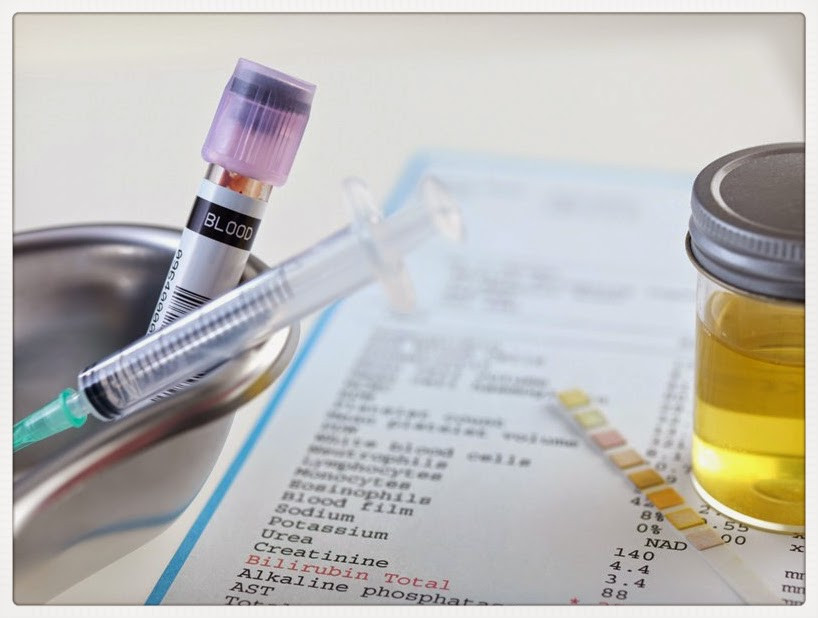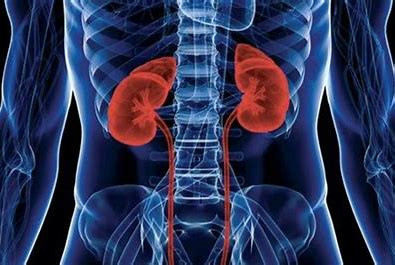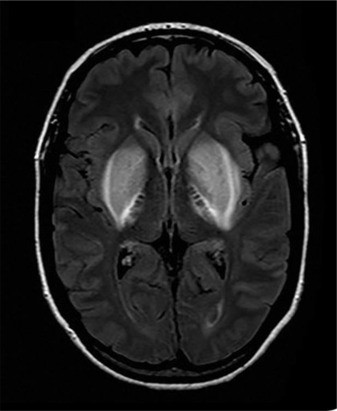Definition
Microalbuminuria test is a test that detects the presence of albumin protein in the urine, if the amount is normal or abnormal. Albumin is an essential protein required for the growth and repair of tissues. When your kidneys are not functioning properly, albumin can be excreted into your urine.
Doctors recommend this test to detect abnormalities in albumin levels that may indicate issues arising from diabetes or other medical diseases. Usually, small concentrations of albumin may not be detected during regular testing.
The test can also be used to help determine whether diabetes has caused renal impairment, because diabetes stands as one of the primary causes of kidney failure. It is critical to detect kidney injury early in order to prevent long-term complications. Besides diabetes, for those with hypertension, consult your physician regarding the frequency of testing.
We also have an article on kidney failure which you can read here: Kidney Failure - Definition, Risk Factors and Management.
Indication
The test looks for kidney abnormalities early on. Individuals diagnosed with diabetes are at a higher risk to impaired kidney function. The nephrons, which are the filters in the kidneys, gradually undergo thickening and scarring, and start to excrete proteins into the urine. During the initial stage of kidney diseases, blood tests assessing kidney function typically yield normal results.
This test may be necessary for diabetic individuals, as it could help in evaluating the adequacy of blood sugar control in preventing renal damage. This test might need to be taken once a year.
It may be necessary to undergo testing if you:
- Elderly with cardiovascular or renal disease risk factors
- Individuals of ethnic groups that exhibit a higher risk to kidney disease, comprise Asians, Hispanics, African Americans, and American Indians.
- Family history of kidney disease
Contraindication
There are no individuals for whom it is advised against to undergo a microalbumin test; everyone is eligible to undergo urine tests for monitoring the levels of albumin in their bodies.
Preparations Prior to Test
This test does not require any special preparation. It is important to inform your physician of any and all medications, vitamins, and supplements that you use at the moment. This involves over-the-counter medications and illegal substances that you may take.
Intense physical activity can lead to inaccurate results of the test, where the results increase beyond the actual value. Oxytetracycline and other certain medications can also impact the test results.
Test Procedures
The test is usually conducted by using a urine specimen, although blood samples can also be used. A sterile cup will be provided by your medical professional for the purpose of collecting the urine. Typically, you will also be requested to provide a sample of urine during your visit to the healthcare facility.
In addition, albumin can also be measured by protein urine test and 24-hour urine collection. To obtain samples of 24-hour urine, it is necessary to gather all of your urine over a period of 24 hours. First, you should empty your bladder thoroughly, the urine from your first pee does not have to be collected. Please take note of the timing. The following twenty-four hours, ensure that you collect your urine each time you use the restroom.
Urine creatinine level can also be assessed to improve the accuracy of the test. Creatinine is produced as metabolic byproducts of protein digestion in the body.
Normal and Abnormal Values
24-Hour Urine Collection
The measurement of albumin in urine samples obtained from a 24-hour urine collection is expressed in milligrams per 24 hours (mg/24 hr). The normal concentration of albumin in urine is below 30 milligrams (mg) for every 24 hours. Abnormal results could also be documented as:
- >30 mg/gram of creatinine
- 30-300 mg/24 hours
- 20-200 mcg/minute
Random Test
- Normal: <30 mcg/mg of creatinine
- Microalbuminuria: 300 mcg per mg of creatinine
Timed Test
- Normal: <20 mcg/minute
- Microalbuminuria: 20-200 mcg/minute
Results and Suggestions (Follow-Up Tests)
In individuals with normal kidney function, the elimination of albumin from the bloodstream into urine is minimal. The urine sample exhibits a minimal or undetectable presence of albumin.
Potential kidney injury may be indicated by abnormal albumin results. However, it is possible that the extent of kidney injury is not yet severe, since microalbuminuria means that the presence of albumin in urine is still small.
You could be asked to repeat the test in the case of low level of albumin, to validate the results. A moderate level of albumin may indicate your kidney disease is in the initial stage, necessitating a potential adjustment in your current treatment.
Not all instances of elevated urine albumin levels can be attributed to kidney diseases. Temporary elevations in urine albumin levels can occur as a result of intense physical activity, urinary tract infections, fever, and several forms of inflammation. Because certain illnesses could affect urine albumin levels, repeat testing is necessary in diagnosing albuminuria.
Consult to The Right Doctor
Urine should generally have as little albumin as possible. Elevated levels of albumin have been associated with an increased susceptibility to cardiovascular complications.
Consult with your physician or internist in order to figure out the test results more deeply. Understanding the result requires taking into account your test outcomes along with your general health, risk factors, and symptoms.
Want to know more information about laboratory, radiology, and other tests? Click here!
- dr Hanifa Rahma
Microalbuminuria Test. (2022). Retrieved 04 July 2023, from https://medlineplus.gov/ency/article/003591.htm
Microalbumin (Urine). (2023). Retrieved 04 July 2023, from https://www.urmc.rochester.edu/encyclopedia/content.aspx?contenttypeid=167&contentid=microalbumin_urine
Microalbumin Test and Albumin in Urine. (2021). Retrieved 04 July 2023, from https://www.webmd.com/diabetes/urine-test-microalbumin
Urine Albumin and Albumin to Creatinine Ratio Test. (2022). Retrieved 04 July 2023, from https://www.testing.com/tests/urine-albumin-and-albumin-creatinine-ratio/
Microalbuminuria Test. (2018). Retrieved 04 July 2023, from https://www.testing.com/tests/urine-albumin-and-albumin-creatinine-ratio/












